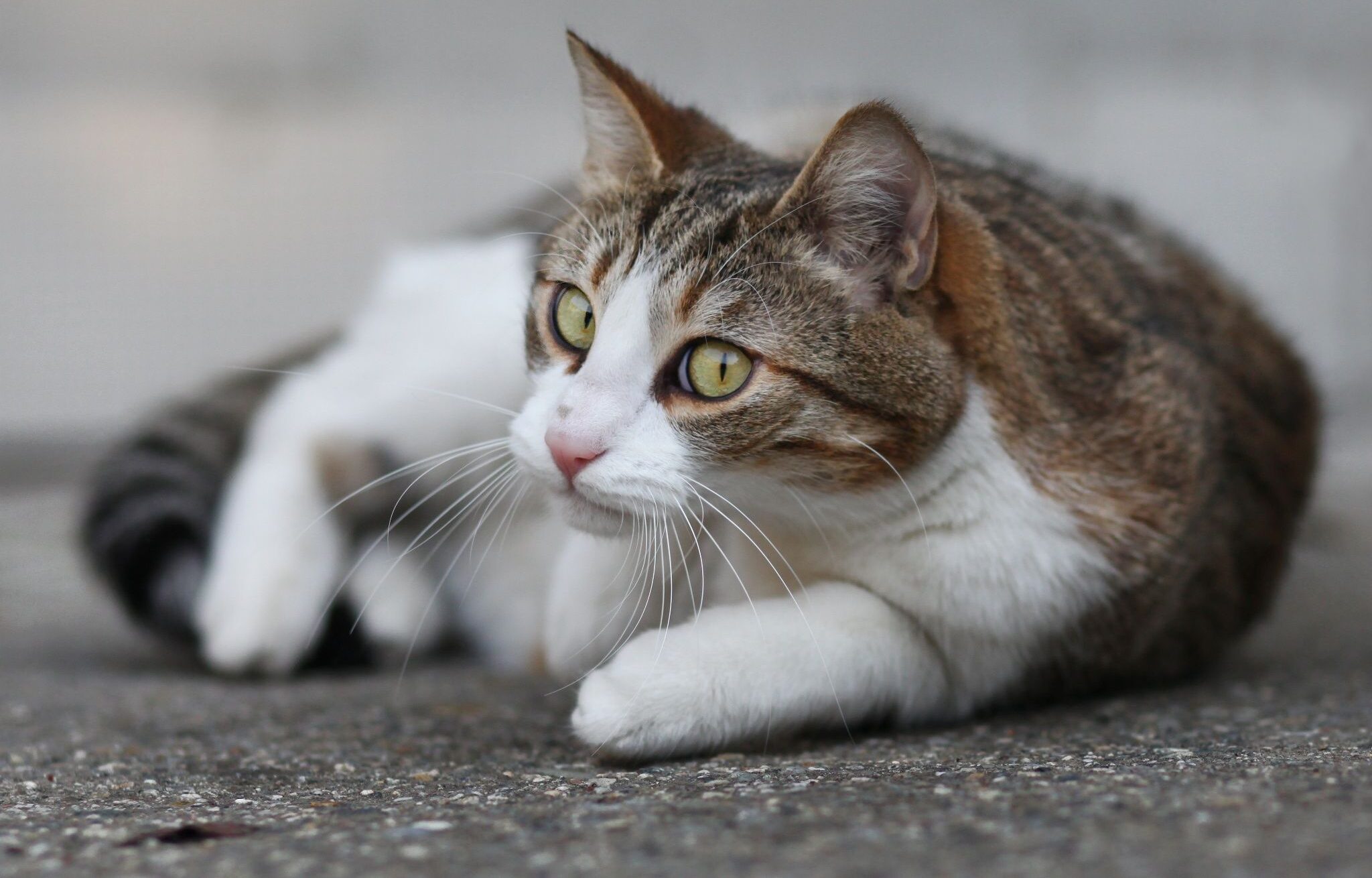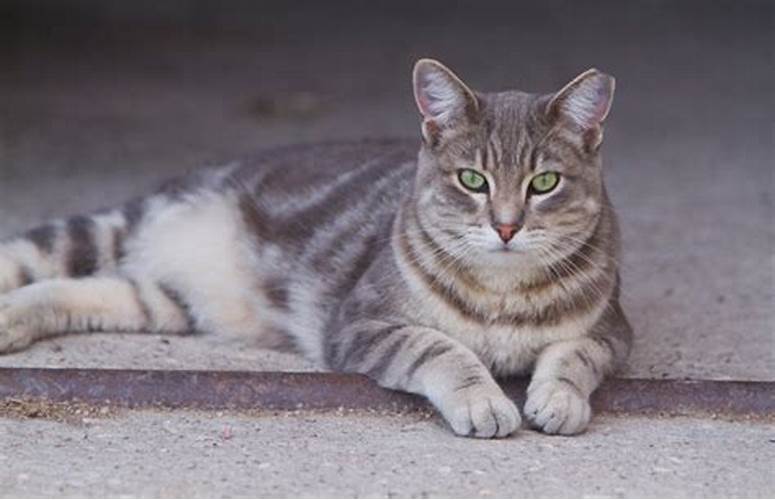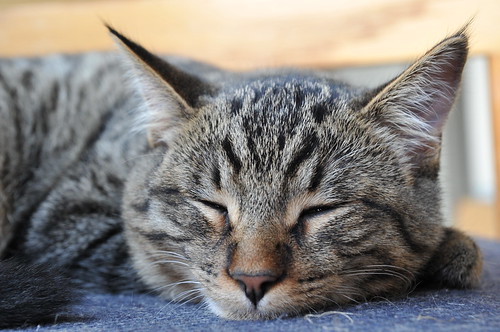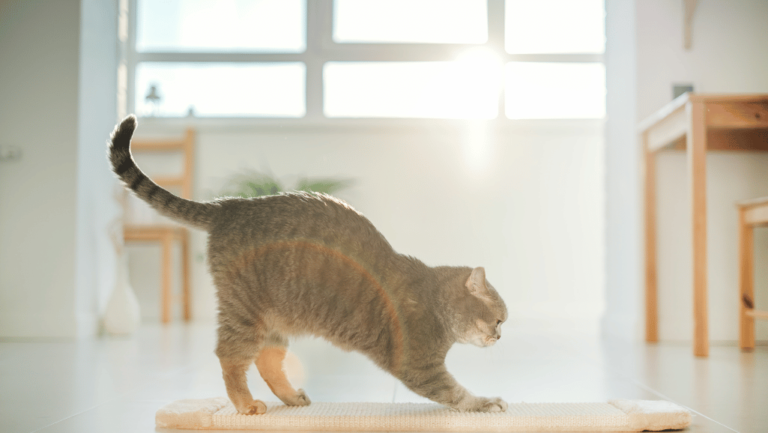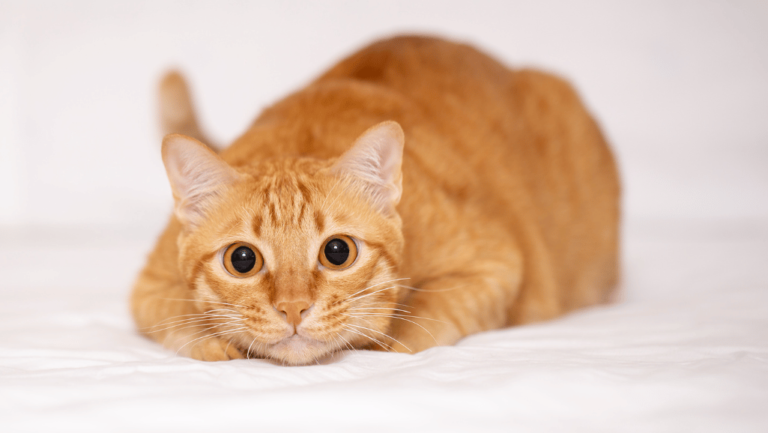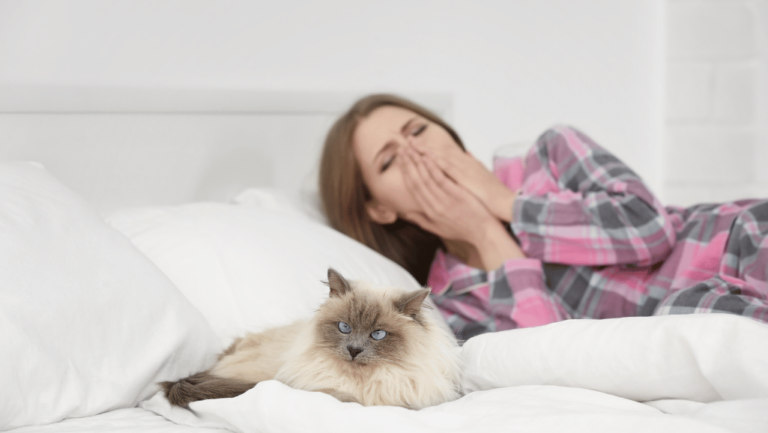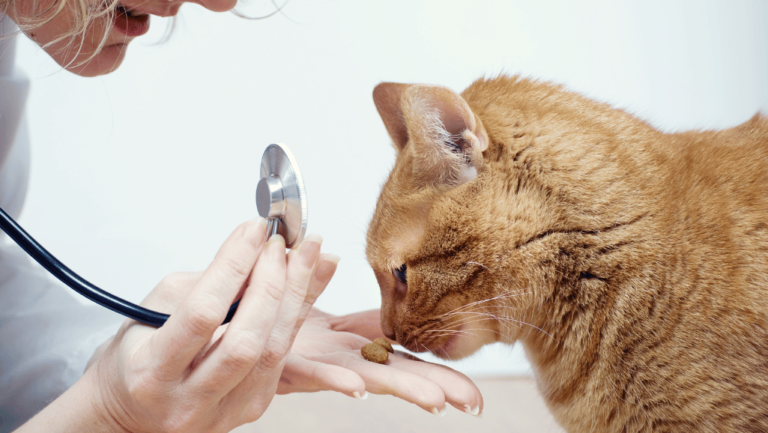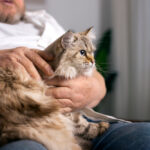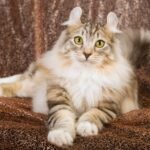Introduction
There are hundreds of cat breeds that captivate our hearts with their charm and distinctive traits. Among these, the Asian Self cat, an enchanting breed hailing from the Eastern world, stands out for its unique charm and personality. This in-depth review of Asian Self cats is meant to provide insights into the many facets of this breed, its history, appearance, grooming needs, health considerations, and more. By the end, you’ll understand why Asian Self cats make for such exceptional companions.
History of the Asian Self Cats
Originating from Britain in the 1980s, the Asian Self is a breed with Burmese roots. These cats are essentially a Burmese variant, but they differ in terms of coat color and pattern. The breed’s development was a conscious effort by breeders to establish a cat that retained the Burmese physique but introduced a new diversity of coat colors. Despite their name, Asian Self cats don’t trace their ancestry to Asia; the term ‘Asian’ was adopted to reflect the Oriental influence in their lineage.
Size and Appearance
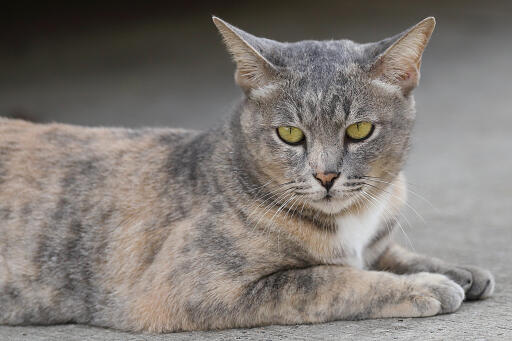
Asian Self cats are medium-sized with a well-muscled body, weighing anywhere between 8 to 13 pounds. Their bodies strike a perfect balance between strength and elegance.
One of the most distinguishing traits of the Asian Self cat is their single-colored, glossy coat, which feels satin-like to the touch. Unlike the Burmese, Asian Self cats come in a variety of solid colors, including black, blue, chocolate, lilac, red, cream, apricot, caramel, and more. Their eyes are large, expressive, and typically range from yellow to gold, adding to their captivating appeal.
Grooming Needs
Maintaining the sleek, short coat of an Asian Self cat is quite straightforward. Regular brushing once a week should suffice to remove any loose hair and keep the coat healthy. Like all cats, Asian Self’s also need routine dental care, ear checks, and nail trimming. However, their low-maintenance grooming requirements make them an ideal choice for those who can’t commit to the high grooming needs of some other breeds.
Activity Level
Befitting their muscular build, Asian Self cats are moderately active. They enjoy playtime and interactive toys, but also cherish their lounging time. They strike a harmonious balance between playfulness and tranquility, meaning they won’t be climbing your curtains, but they won’t be sleeping all day either.
Health Profile
Generally, Asian Self cats are healthy, robust cats. However, like all breeds, they can be predisposed to certain genetic health conditions. Some may be prone to dental diseases or develop hypertrophic cardiomyopathy, a heart condition. Regular vet check-ups are vital to detect any potential health issues early on.
Personality Traits
Asian Self cats are known for their friendly, outgoing personalities. They form strong bonds with their human families and are sociable even with strangers. They are intelligent and curious, which makes them fun and engaging pets. While they appreciate their quiet time, they also enjoy interactive play and mental stimulation.
Training Tips
Asian Self cats’ intelligence and eagerness to please make them relatively easy to train. Whether it’s using the litter box, performing tricks, or understanding boundaries, they usually pick up on instructions quite well. Consistent, positive reinforcement techniques work best with this breed.
Typical Weights
As mentioned before, Asian Self cats usually weigh between 8 to 13 pounds when fully grown, with males generally being larger than females. It’s crucial to maintain a healthy weight for your cat to prevent obesity-related health issues. Regular play and a balanced diet can ensure your cat stays within a healthy weight range.
Estimated Lifespan
Asian Self cats typically live between 12 to 15 years, although many can live well into their late teens with good care. Regular veterinary care, a balanced diet, and a stimulating environment can all contribute to a longer, healthier life for your Asian Self cat.
Favourite Foods
Asian Self cats don’t have any breed-specific dietary preferences and can eat standard commercial cat food. However, to keep them healthy and their coat shiny, it’s recommended to provide a balanced diet that includes high-quality protein and essential nutrients.
The Last Word on Asian Self Cat
In essence, the Asian Self cat makes for a fantastic pet. Their moderate activity levels, low-maintenance grooming needs, and friendly personalities make them suitable for a variety of households. However, potential owners should be mindful of potential health issues and ensure they are proactive about vet check-ups.
Though these cats can be somewhat vocal, their sounds are generally soft, gentle, and not excessively loud, contributing to their overall charm rather than detracting from it. The other aspect to consider is their predisposition to certain health conditions, which can be managed with regular vet care and a balanced diet.
Two Concerns about Arabian Mau Cats
Every breed has its downsides, and the Asian Self cat is no exception. While these cats are generally healthy, they can be predisposed to certain health conditions like dental diseases and hypertrophic cardiomyopathy, which are fairly common in the breed. Owners should ensure their cats have regular dental cleanings and veterinary check-ups, and any signs of breathing difficulty or lethargy, which could indicate a heart issue, should be addressed promptly.
Another concern could be their strong attachment to their humans. This strong bonding can be problematic if the cat is frequently left alone, as Asian Self cats can suffer from separation anxiety. They need a lot of social interaction and mental stimulation to stay happy. If you’re away from home regularly or for long periods, this might not be the breed for you.
Unique Appearance
The Asian Self cat’s beauty lies in its simplicity. The breed’s primary distinguishing feature is its short, silky, single-color coat that gives it a classy, sophisticated look. The coat has a satin-like texture that’s pleasing to touch, adding to the allure of the breed.
They have a strong, muscular body, conveying an impression of robust health and athletic ability. Their legs are proportionate to their body, with the hind legs slightly longer than the front. The tail tapers to a medium thickness.
Their heads are rounded but not overly so, with a firm chin and jaw. The ears are medium in size, broad at the base, and set well apart, enhancing their alert, intelligent expression. The eyes, round and wide, bring a sense of curiosity and charm to their appearance. They may be various shades of gold or yellow, contrasting beautifully with the coat color.
Engaging Personality
Delving deeper into the Asian Self cat’s personality, these cats are not just friendly – they are sociable, intelligent, and deeply affectionate. They have a strong desire for companionship and do not like being left alone for long periods. Often, they form a tight bond with a single person, whom they tend to follow around the house, wanting to be part of whatever is happening.
Their intelligence shines through in their inquisitive nature. They like to investigate their surroundings, figure out how things work, and are fast learners. Their curiosity should not be mistaken for mischief – they just love to explore.
Another important aspect of their personality is their adaptability. Asian Self cats are flexible and can easily adapt to various living conditions, whether you live in a small apartment or a large house with a garden.
Frequently Asked Questions
Here we answer some of the most common questions about these popular cat breeds, their characteristics, and what potential owners can expect.
Yes, their sociable nature means they generally get along well with other pets, including dogs.
No cat breed is truly hypoallergenic, including the Asian Self. However, they do have a short coat, which may produce fewer allergens than long-haired breeds.
A weekly brush should suffice to keep their coat in good condition.
While generally healthy, they can be predisposed to dental diseases and hypertrophic cardiomyopathy.
The average lifespan is 12-15 years, but with proper care, they can live well into their late teens.
Bottom Line
Asian Self cats are an absolute delight to have around. They make for wonderful pets, with their striking appearance, engaging personalities, and relatively easy maintenance. They are great for families, singles, and seniors, proving to be adaptable and able to thrive in various living conditions.
Their moderate activity level is perfect for those who want a cat that’s playful but not excessively energetic. Their grooming needs are minimal, which is ideal for busy people or those who prefer a pet that doesn’t require a lot of extra care.
However, prospective owners should be aware of the breed’s potential health concerns and need for companionship. A commitment to regular veterinary care and providing ample interaction is crucial.
Overall, if you’re looking for a feline companion that’s intelligent, affectionate, and elegant, an Asian Self cat might just be the perfect addition to your home. They’re the epitome of a great pet – charming, attractive, and, most importantly, full of love for their human families.


